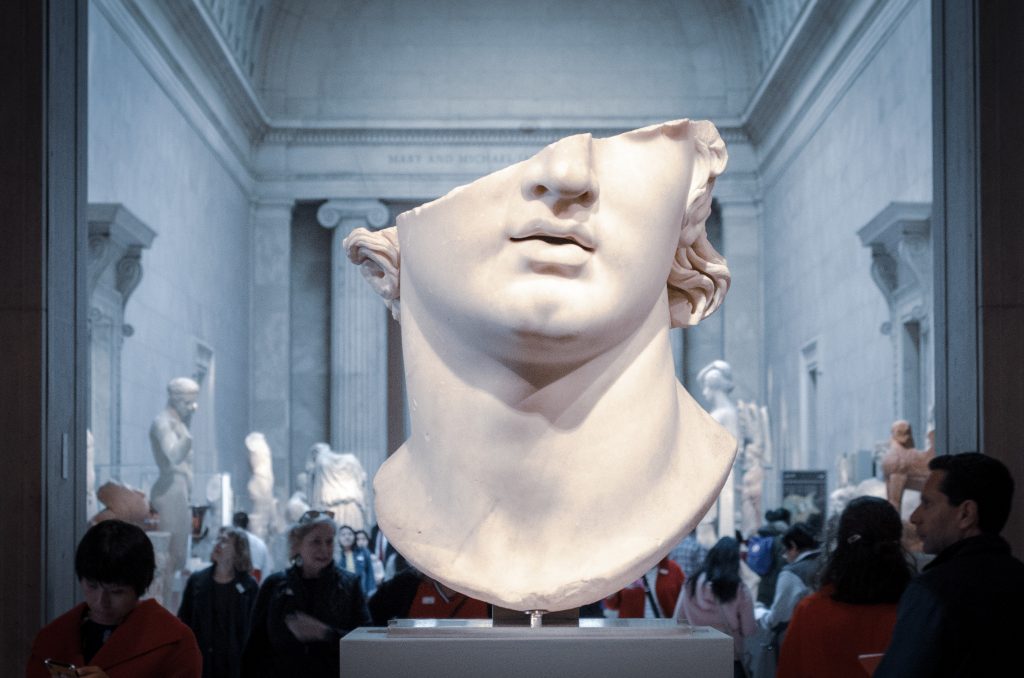
Are you an event organizer within the cultural sector? If so, you know how important it is to create an unforgettable experience for your attendees. But what makes an event truly memorable? How can you make sure your cultural event stands out from the rest?
One key factor is personal alignment, which refers to the degree to which a person’s self-image matches the image they have of a particular event. When attendees feel that the event aligns with their self-image, they are more likely to engage with the event and develop a sense of emotional attachment to it. This, in turn, can lead to positive word-of-mouth and repeat attendance.
In a recent study, researchers examined the relationship between personal alignment and attendee engagement in explaining visitors’ emotional attachment to a cultural event. They found that personal alignment, particularly actual and ideal alignment, positively influenced attendee engagement, which subsequently showed a positive effect on emotional attachment. Attendee engagement was found to be a pivotal mediator in the relationship between personal alignment and emotional attachment.
The study also found that identification, or the degree to which attendees feel a sense of belonging to the event, was the strongest driver of attendee engagement. Cultural events often offer unique local activities, such as entertainment and performances, that can foster a sense of belonging among attendees.
However, the study also found that the perceived level of crowding at an event can impact the relationship between personal alignment and attendee engagement. When attendees perceive a high degree of crowding, actual alignment was the only factor that contributed to engagement, whereas ideal alignment was not linked to engagement. In contrast, when attendees perceived a low degree of crowding, both actual and ideal alignment contributed to engagement.
So, what can event organizers do to foster personal alignment and attendee engagement at their cultural event? Here are a few suggestions:
- Develop an event concept and image that aligns with your target audience’s self-image. Conduct market research, such as surveys, to better understand your audience and tailor your event accordingly.
- Design and develop event performances, services, and property to align with the overarching event concept and create feelings of interconnection.
- Tailor advertising campaigns to reflect the self-concepts of your potential attendees.
- Develop event activities, such as local food demonstrations and traditional crafting activities, that reflect and embed attendee personal alignment and understanding of the match or mismatch of attendees with the types of events.
- Utilize technological platforms, such as social media and online communities, to engage attendees before, during, and after the event.
In conclusion, personal alignment and attendee engagement play a crucial role in creating a memorable cultural event. By understanding the drivers of attendee engagement and the impact of perceived crowding, event organizers can design an event that fosters attendee engagement and emotional attachment, ultimately leading to positive word-of-mouth and repeat attendance.
Based on the 2021 research of Supawat Meeprom and Pipatpong Fakfare “Unpacking the role of self-congruence, attendee engagement and emotional attachment in cultural events”
Read more article on event promotion:
How to Sell More Event Tickets: The Secret to Creating an Unforgettable Online Experience!
Learn about how TUKIOO can help you get more visibility for your events here by visiting our website: www.tukioo.com